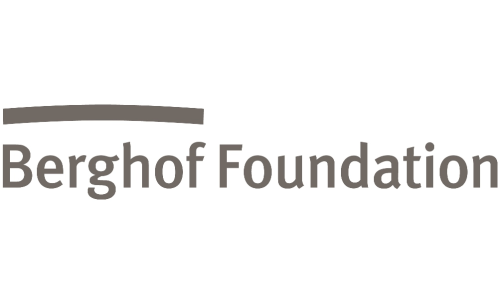National Dialogue and peacemaking: From conflict to consensus
The course combines various learning formats, features leading experts and local practitioners, and immerses in real-world case studies.
The innovative course structure is comprised of three components in order to ensure a comprehensive learning experience:
- An e-learning tool with five self-paced course units,
- Five live facilitated peer-exchange sessions accompanying each unit,
- Five live sessions with input from leading experts and a Q&A following each peer-exchange session.
These elements build on one another so you can deepen the knowledge you gained in the self-paced learning units by exchanging with your peers and engaging in lively discussions with experts.
In two sessions we will discuss the nexus of National Dialogues and current topics such as climate change, protest movements, and digitalisation. You will also have the opportunity to present your own work on National Dialogues, whether to reflect on past experiences or brainstorm on the challenges of an ongoing process
- Establishing a joint understanding of the purpose, key features and phases of National Dialogues,
- Situating National Dialogue in the broader conflict transformation landscape and how it links to other processes,
- Taking a closer look at some of the most critical aspects of National Dialogues such as agenda setting and mandate, inclusivity and ownership, participation and power dynamics, process design, implementation structures and follow-up mechanisms,
- Reflecting on common challenges and dilemmas and drawing lessons from past National Dialogue processes,
- Delving into certain under-explored nexus areas and how to best integrate those topics in the design of National Dialogues,
- Bridging theory and practice through live expert sessions and real-world case studies,
- Contextualising the various aspects of National Dialogues to your own context for deep practical insights,
- Becoming part of a global community of practice through exchanging and learning alongside peers from around the world.
You should have:
- A Bachelor’s or Master’s degree in peace and conflict studies or a related field
- At least two years of professional work experience
- Good command of English
- Stable internet connection
Ort
Bitte klicken Sie auf den Button, um sich für diesen Kurs zu bewerben. Jetzt bewerben
| Themen | |
| Sprachen | English |
| Bewertung | Reviews |
| Zielgruppe | |
| Methoden | |
| Akkreditierung | |
| Zertifikat |
Wenn Sie Fragen zu diesem Kurs haben, wenden Sie sich bitte an uns.
Bitte klicken Sie auf den Button, um die Nachricht zu übermitteln. Kontakt aufnehmen

